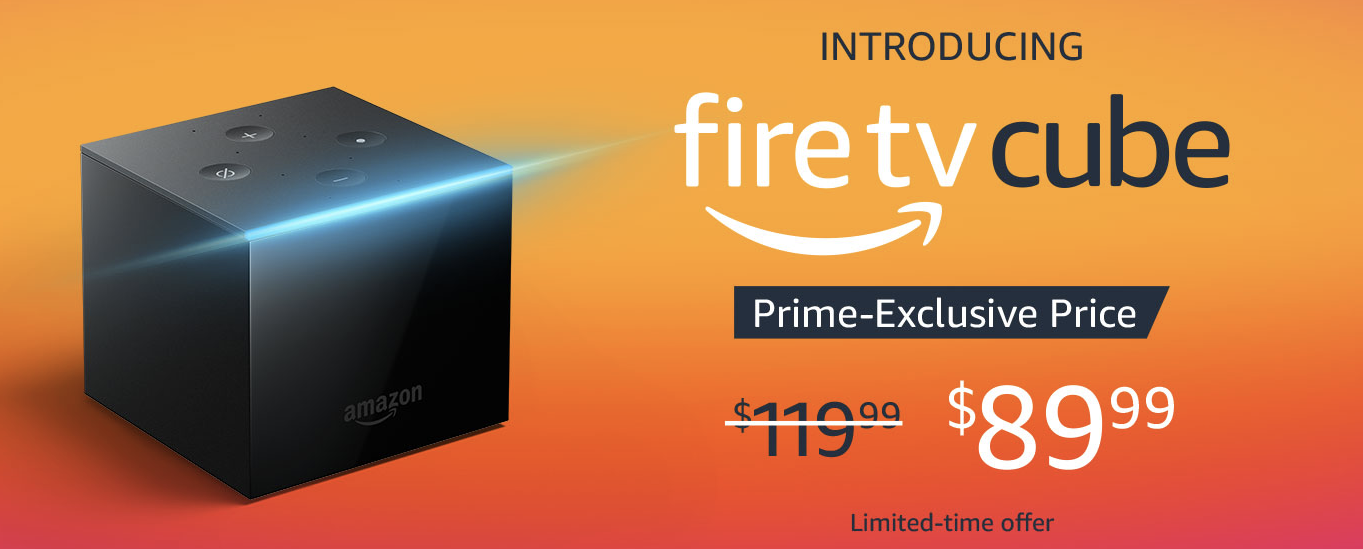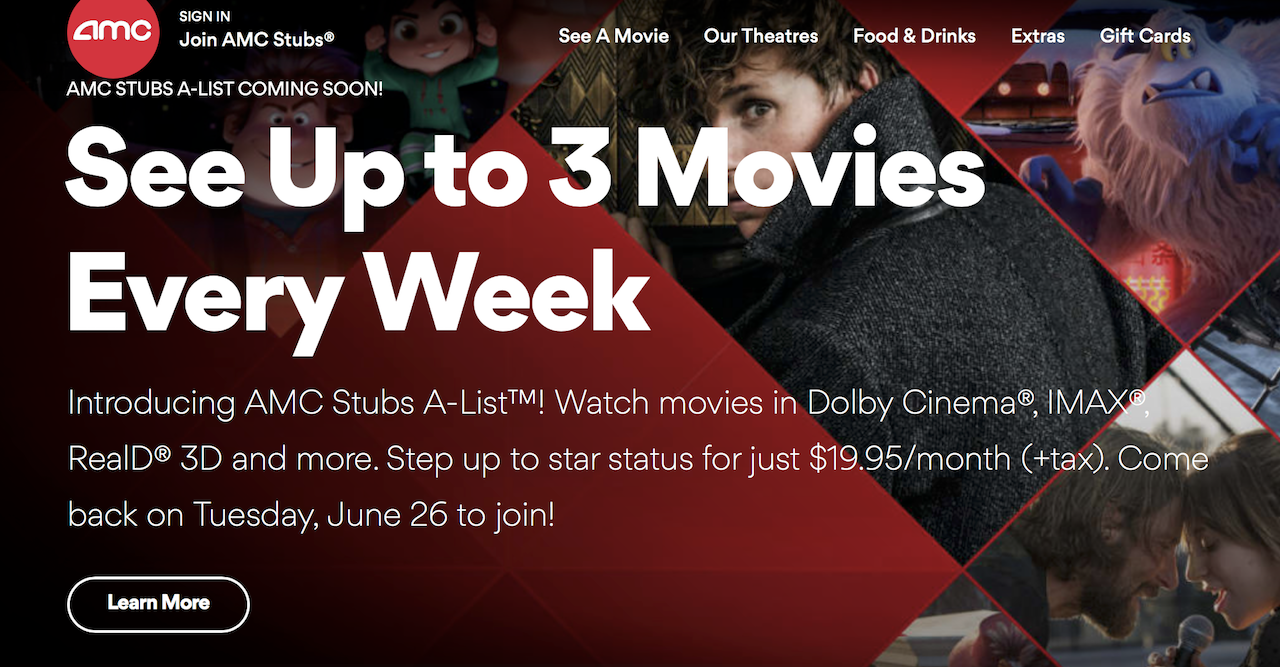Both T-Mobile and Sprint today confirmed what we all expected. That a merger is now on the way. And while both Sprint’s CEO, Marcelo Claure, and T-Mobile’s, John Legere, are championing the benefits of the Merge, the reality is far from positive.
So here’s what we know.
Both Sprint and T-Mobile have previously tried to merge together twice before, once in 2014 and again in 2016. Both times, the company’s fell apart in the process. T-Mobile is the strongest carrier of the two with growth that has remained high since the transition to the “uncarrier” model. Sprint, on the other hand, has tried to rebrand over and over but to no avail and has been losing customers in large numbers. Currently Sprint sits at number four in the top four major carriers which includes AT&T, Verizon, T-Mobile, and Sprint.

The deal itself is valued at roughly $26 billion and would see the Sprint name killed in favor of one carrier, T-Mobile. T-Mobile would also acquire all of Sprint’s assets including acquired spectrum as well as well as its customer base which would put the combined duo at 127 million customers, making it perhaps the number one carrier. More importantly for both, it would give them a strong competitive advantage in a market that is dominated by both AT&T and Verizon. The idea seems palatable at first.
The good:
The idea of the merger on its face isn’t bad for either carrier. It gives them a strong number of customers, it increases T-Mobile’s network in areas that they don’t cover or have weak coverage, and more importantly, it gives a big marketing punch to the two smallest carriers. Unfortunately, the positives stop there. Most industry experts believe this merger is a bad thing.
The bad:
Both T-Mobile and Sprint are locked into a price war that is currently benefiting consumers. Prices have been reduced across the board across all mobile carriers as both Sprint and T-Mobile battle it out for customer acquisition. Naturally, this will no longer be the case once the two businesses fully merge. In fact, with less competition, prices may stagnate or go up.

Further, Marcele Cluare on Twitter today, posted about the increase in job creation. However, there is little reason to believe this will be the case. Most merger situations typically don’t involve creating new jobs as usually culture clash and staff redundancy lead to people being let go or jumping ship. It’s highly suspect that this merger would ever result in more jobs. Some experts believe that the job loss could be in the thousands with estimates as high as 20,000 employees.
Finally, it’s important to note that innovation is bred by competition. What kind of world would we live in without iOS or Android, Mac or PC, or Coke versus Pepsi? It’s probably not a good world…remember New Coke anyone? T-Mobile plans to roll out it own OTT television service soon while Sprint is working on…give me a minute…something (who knows with Sprint). Regardless, innovation is the key to a consumer’s happiness and is necessary. With 5G rolling out, carriers focusing on competing with wireline broadband, and focusing on new content, little competition would most likely discourage anything new in wireless.
So what happens now?

The key to this merger is going to be if both companies can get regulatory approval. Since the terms of the merger have been ironed out between the two companies, it now remains in the hands the various government entities who can decide the mergers fate. Fortunately for both companies, and unfortunate for consumers, the pro-business administration in power seems likely and willing to give its blessing. Softbank’s founder and holder of 80% of Sprint, Masayoshi Son, has already been in Washington DC to lobby on behalf of the merger, meeting with the President last year. Further, Congress or many of the other government bodies don’t seem prepared to understand the technological implications should the two companies merge.
At the same time, both AT&T and Verizon are being investigated for collusion by the FTC, while the government has been willing to stop other mergers and acquisitions such as the Broadcom/Qualcomm deal. Also, if enough consumers step up, it might make the chances of this merger finalizing a lot harder. The merger is far from complete and there is always the chance that something could fall through. The question is what, if anything could stand in the way.
![[Seeq].TV](https://seeq.tv/wp-content/uploads/2018/05/SEEQ-red-black-copy-3.jpg)



